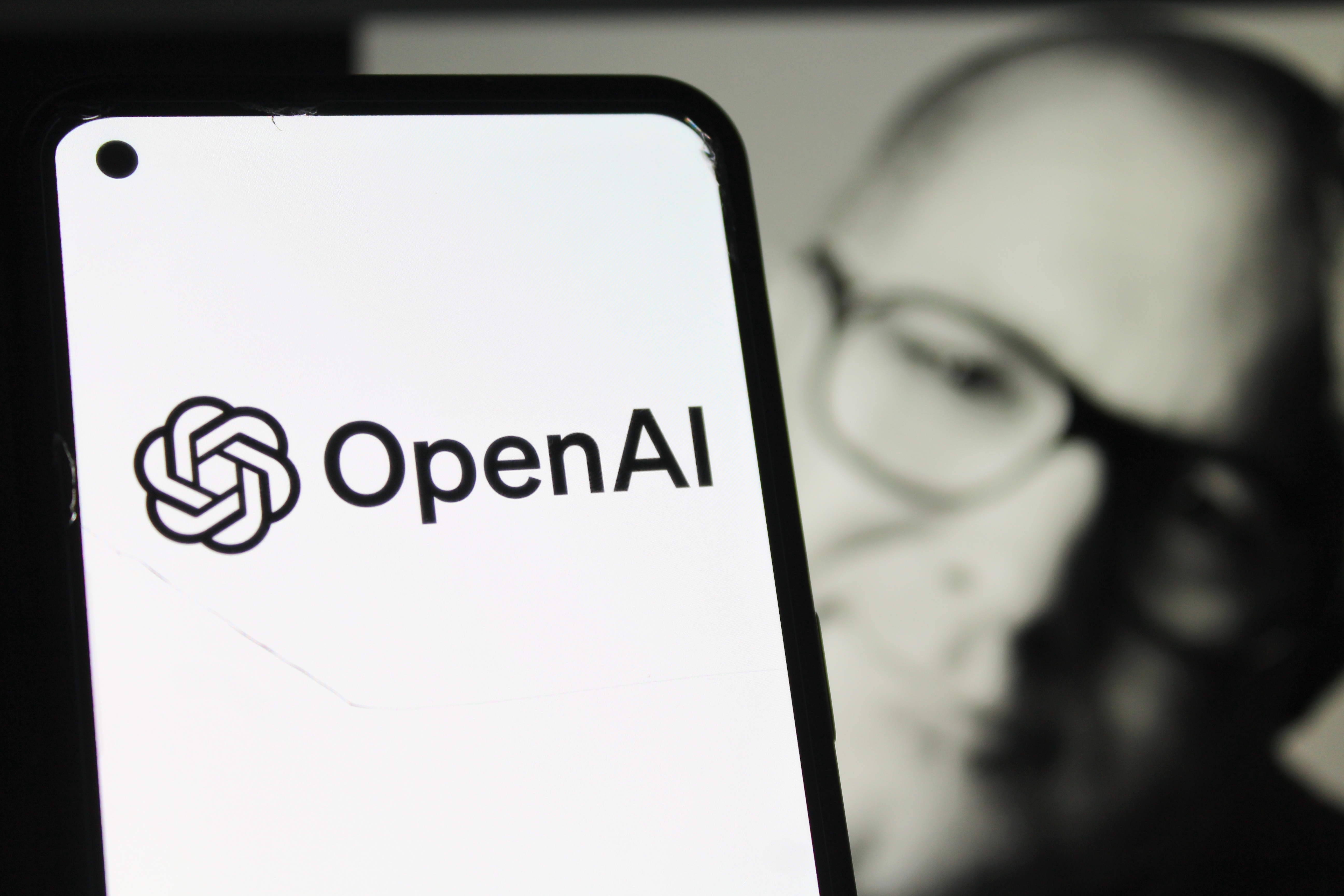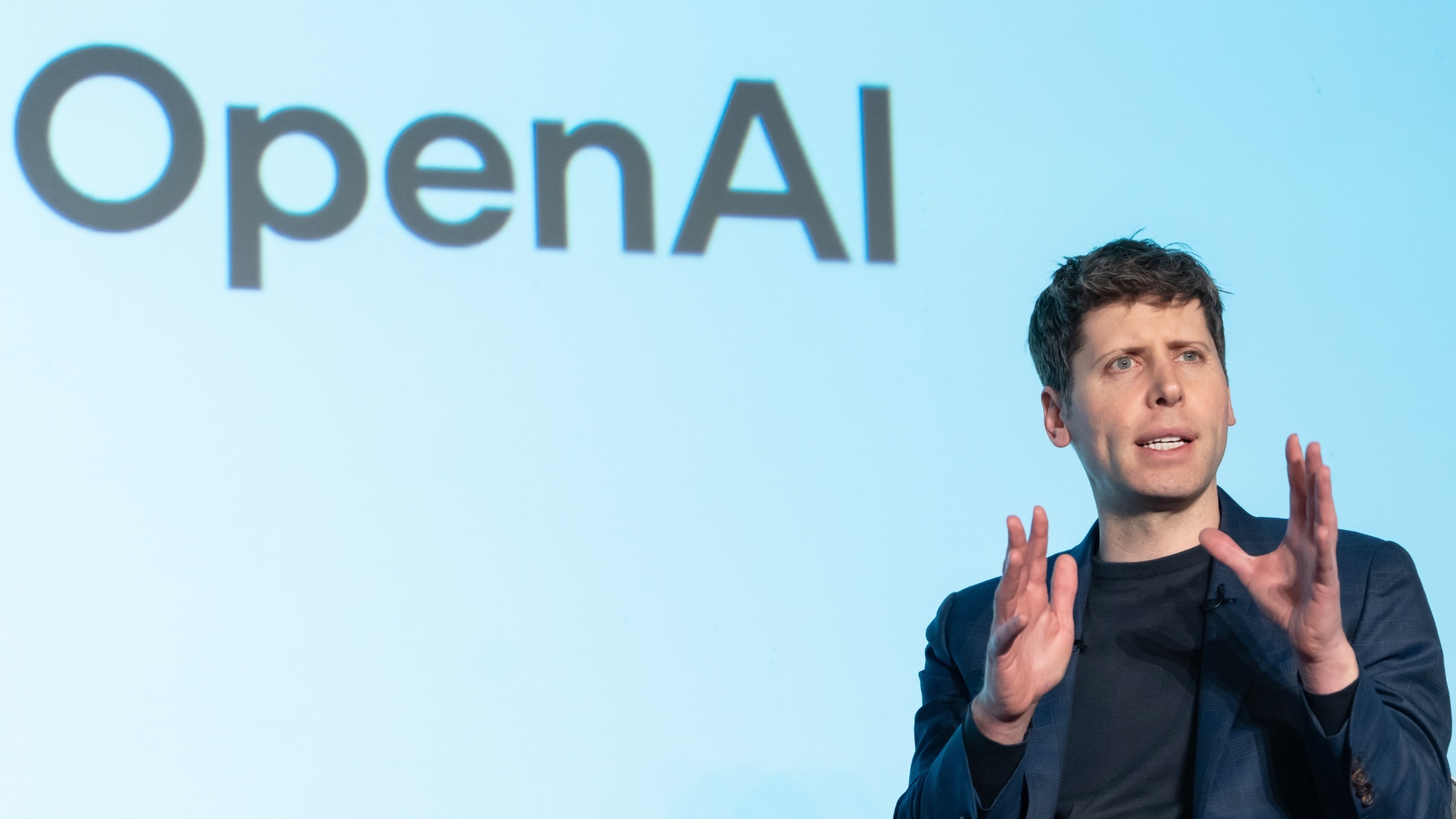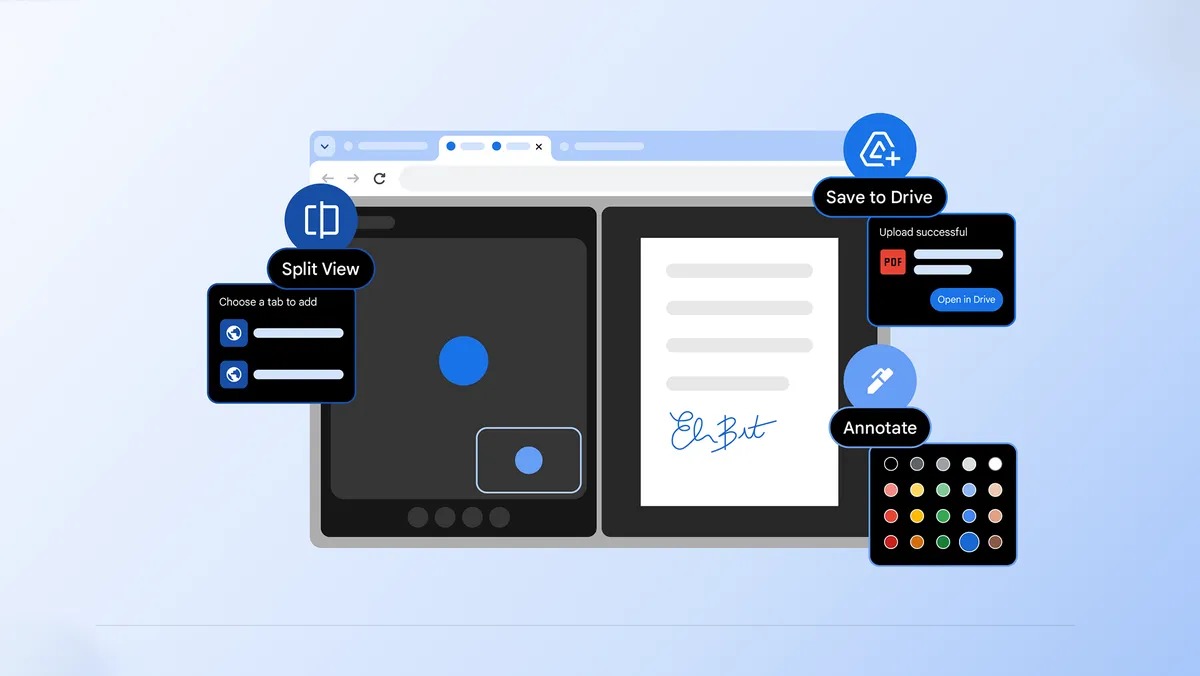OpenAI court filings just revealed new details on AI device with Jony Ive
A trademark lawsuit leads to some big updates

Here at Tom’s Guide our expert editors are committed to bringing you the best news, reviews and guides to help you stay informed and ahead of the curve!
You are now subscribed
Your newsletter sign-up was successful
Want to add more newsletters?

Daily (Mon-Sun)
Tom's Guide Daily
Sign up to get the latest updates on all of your favorite content! From cutting-edge tech news and the hottest streaming buzz to unbeatable deals on the best products and in-depth reviews, we’ve got you covered.

Weekly on Thursday
Tom's AI Guide
Be AI savvy with your weekly newsletter summing up all the biggest AI news you need to know. Plus, analysis from our AI editor and tips on how to use the latest AI tools!

Weekly on Friday
Tom's iGuide
Unlock the vast world of Apple news straight to your inbox. With coverage on everything from exciting product launches to essential software updates, this is your go-to source for the latest updates on all the best Apple content.

Weekly on Monday
Tom's Streaming Guide
Our weekly newsletter is expertly crafted to immerse you in the world of streaming. Stay updated on the latest releases and our top recommendations across your favorite streaming platforms.
Join the club
Get full access to premium articles, exclusive features and a growing list of member rewards.
News has been limited on OpenAI’s upcoming device. While a few details had made their way out, the company was holding onto the mystery. But now, thanks to a trademark lawsuit, some key details are known.
After recently acquiring IO, the design studio led by legendary Apple designer Jony Ive, OpenAI has been hinting at its upcoming first device. However, this process has been halted by a lawsuit from audio device startup Iyo.
The startup claimed that OpenAI and the IO team had willfully infringed its copyright, knowingly copying the company's first device — a yet-to-be-released in-ear headphone that it had marketed as the world’s first audio computer.
Along with halting the production of OpenAI’s upcoming product, the lawsuit has also highlighted key details. In court filings, members of the IO team testified that the device won’t be a wearable or an in-ear device.
More importantly, they also stated that the device won’t ship until “at least” 2026. That is the first official confirmation that has come out about the device’s launch date since it was first announced.
The lawsuit

This lawsuit is still in its early stages. On Friday, June 20, a federal judge ruled that IYO has a strong enough trademark infringement case to proceed to a hearing in October.
Because of the similarities of the names IYO and IO, OpenAI was told to hold all marketing of the product or any relationship that the company has with Jony Ive’s company, despite recently spending a whopping $6.5 billion to acquire it.
Get instant access to breaking news, the hottest reviews, great deals and helpful tips.
Since this news, OpenAI scrubbed their website of all mentions of the new venture, including the official announcement post.
IYO has provided emails that show leaders from IO and OpenAI (including Sam Altman) knew about the company and the product it was building. These emails even show they asked to demo the product.

“For many months after its founding, io surveyed the existing commercial offerings and engaged in prototyping exercises, as it considered a broad range of form factors, including objects that were desktop-based and mobile, wireless and wired, wearable and portable,” OpenAI responded to the lawsuit, according to The Verge.
As part of these early efforts, io purchased a wide range of earbuds, hearing aids, and at least 30 different headphone sets from a variety of different companies.”
This lawsuit could go on for a while, potentially seeing OpenAI’s new product delayed even further for release. Until it is resolved, it is likely that all marketing will continue to be halted.
More from Tom's Guide
- I've been using this one ChatGPT prompt for years — and it works in absolutely any situation
- Most ChatGPT users make this one common mistake — try these 3 tips for better results
- Google Gemini just got a great video feature ChatGPT can't match — here's how to use it

Alex is the AI editor at TomsGuide. Dialed into all things artificial intelligence in the world right now, he knows the best chatbots, the weirdest AI image generators, and the ins and outs of one of tech’s biggest topics.
Before joining the Tom’s Guide team, Alex worked for the brands TechRadar and BBC Science Focus.
He was highly commended in the Specialist Writer category at the BSME's 2023 and was part of a team to win best podcast at the BSME's 2025.
In his time as a journalist, he has covered the latest in AI and robotics, broadband deals, the potential for alien life, the science of being slapped, and just about everything in between.
When he’s not trying to wrap his head around the latest AI whitepaper, Alex pretends to be a capable runner, cook, and climber.
You must confirm your public display name before commenting
Please logout and then login again, you will then be prompted to enter your display name.
 Club Benefits
Club Benefits




















